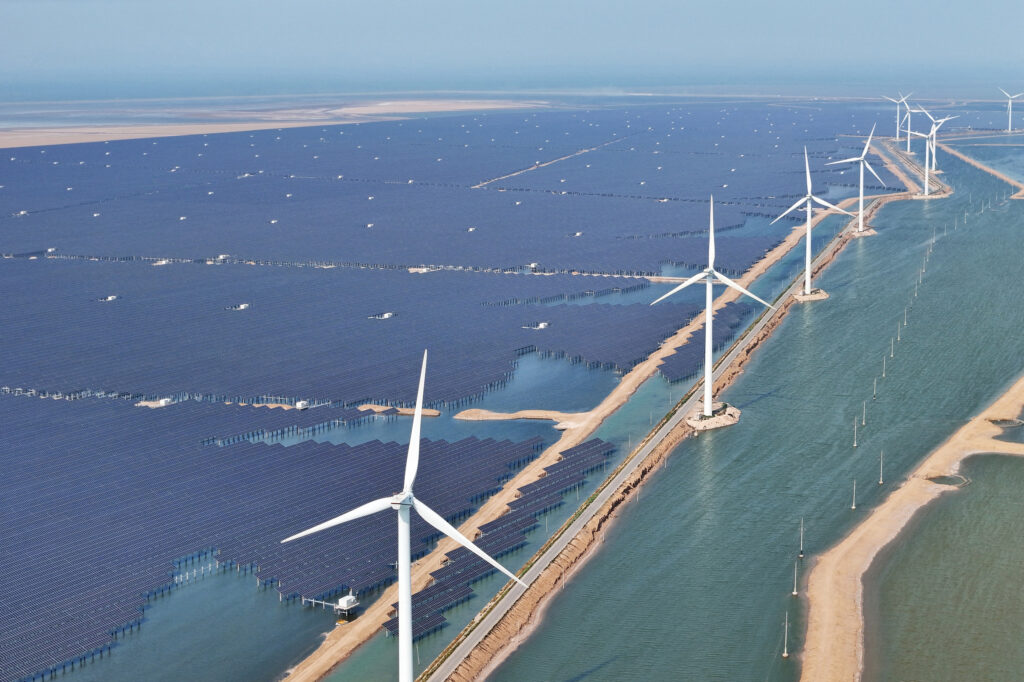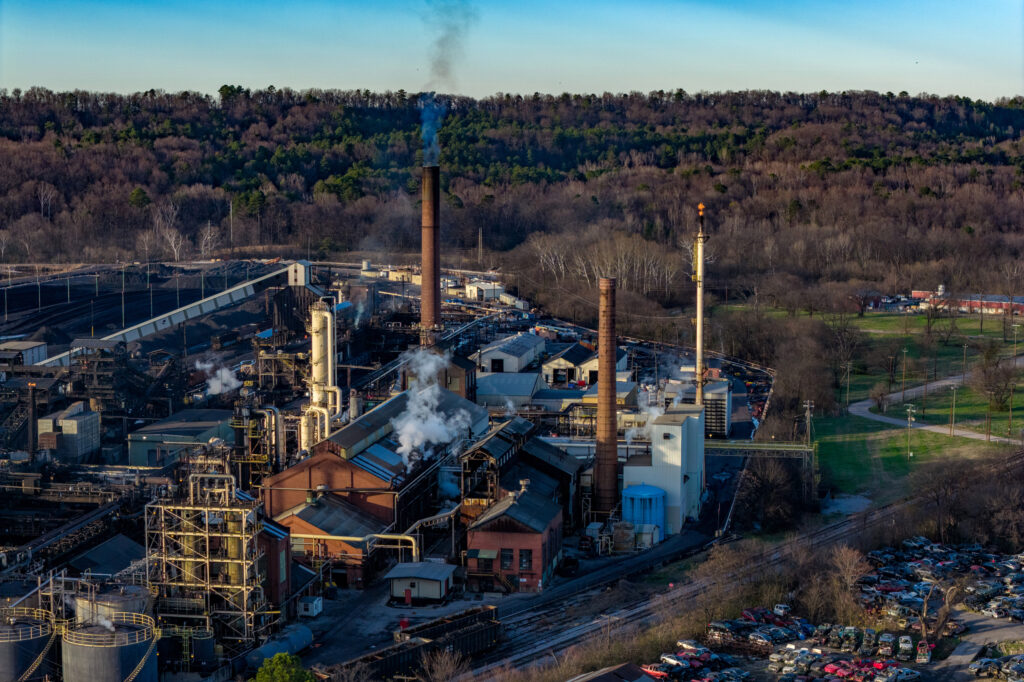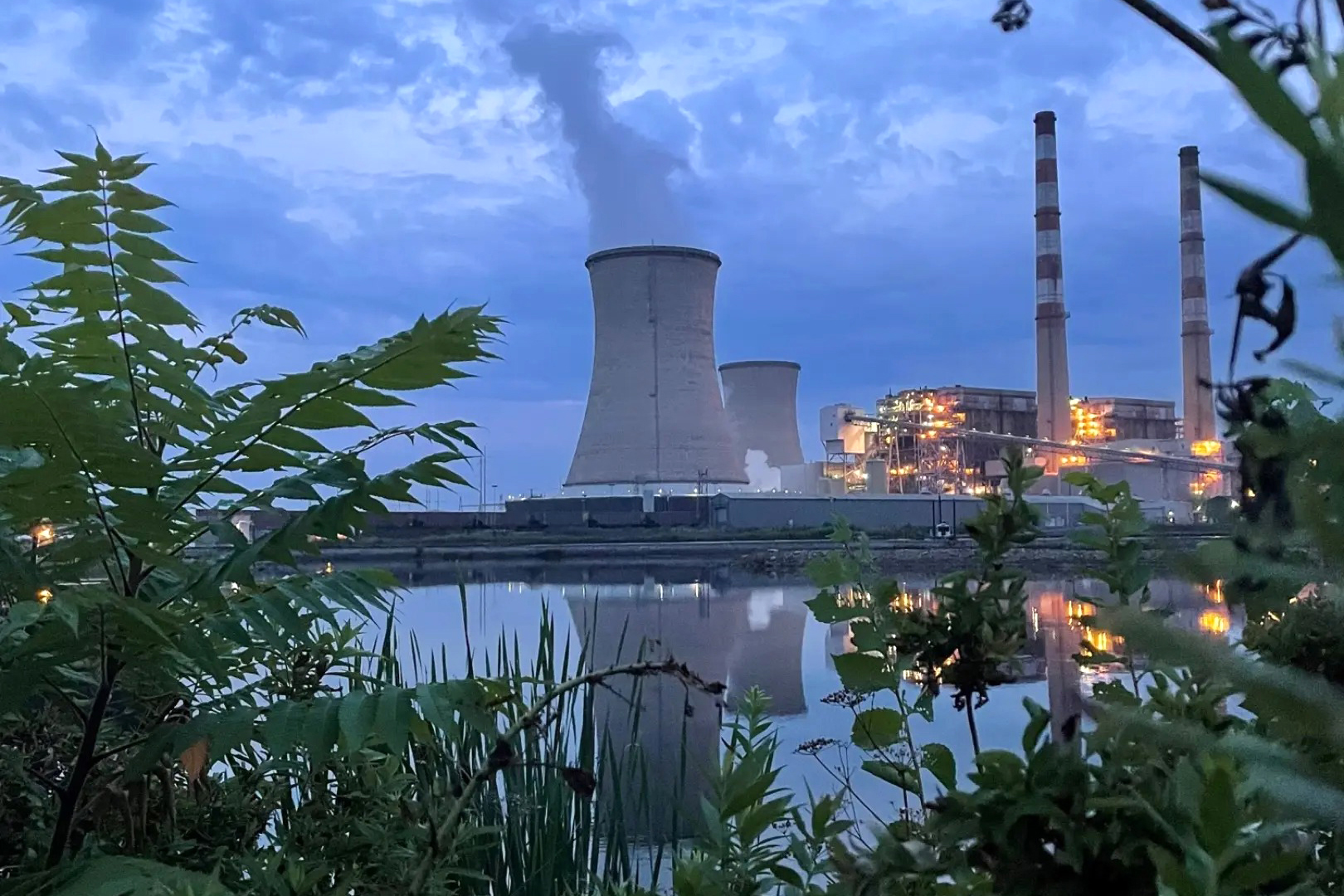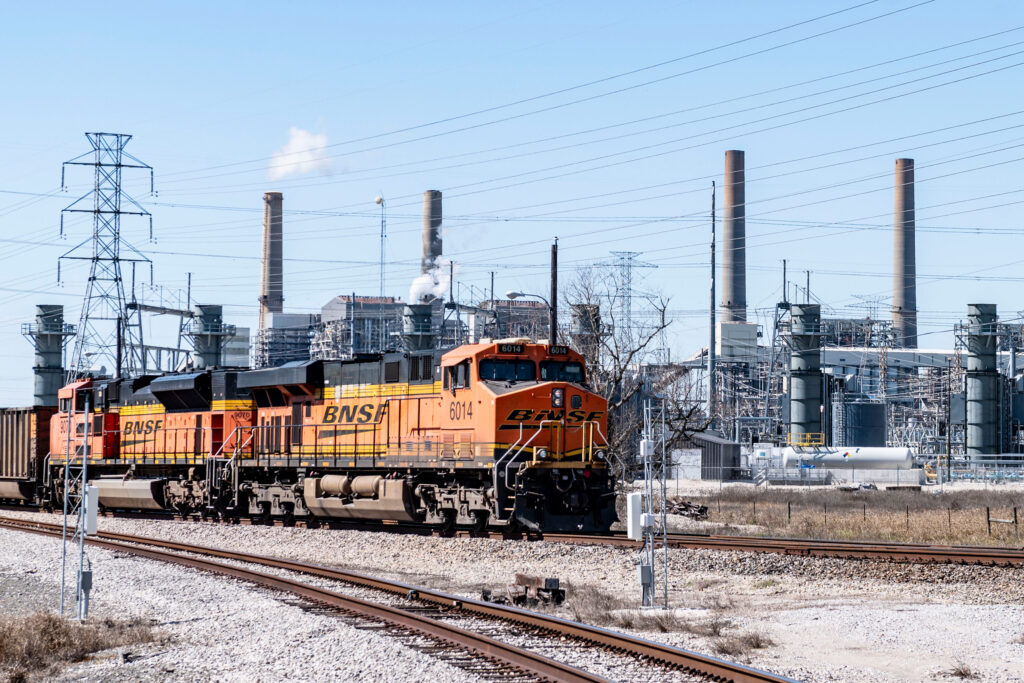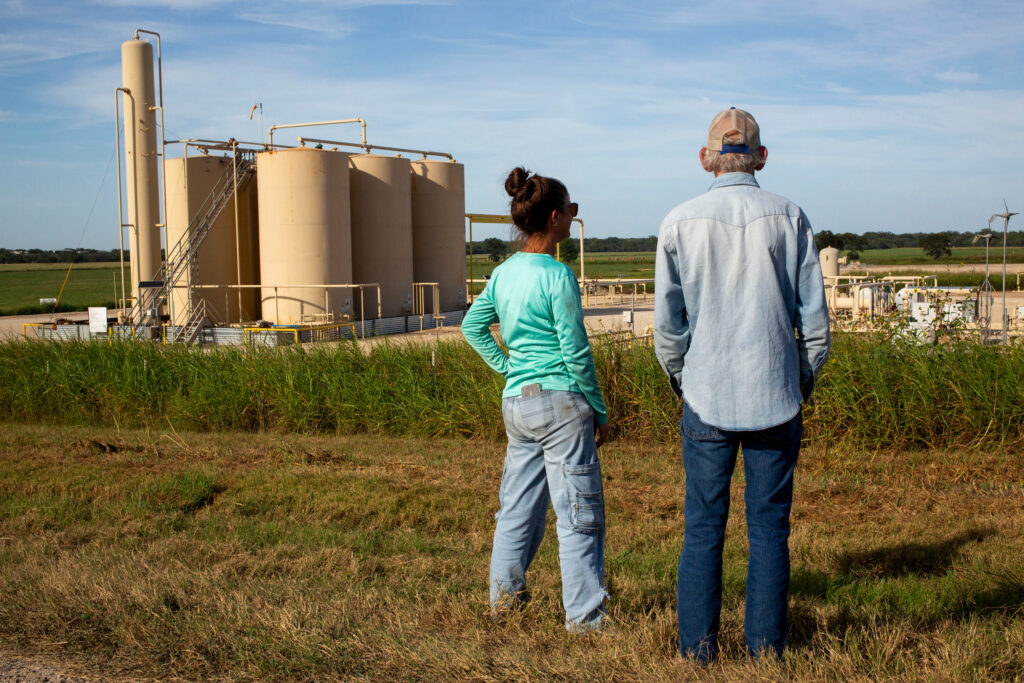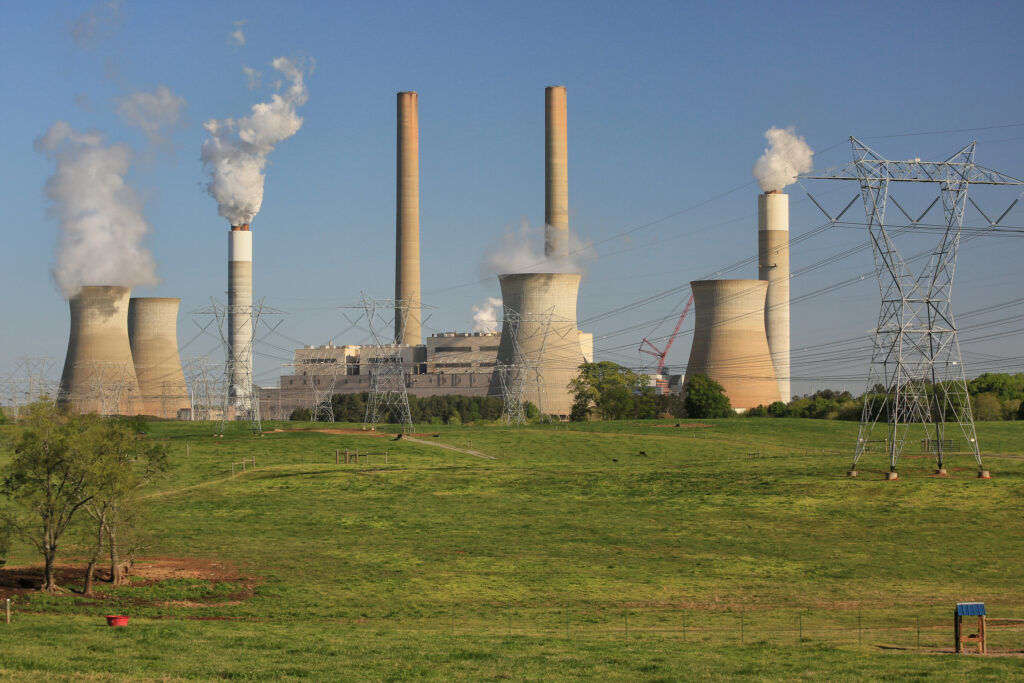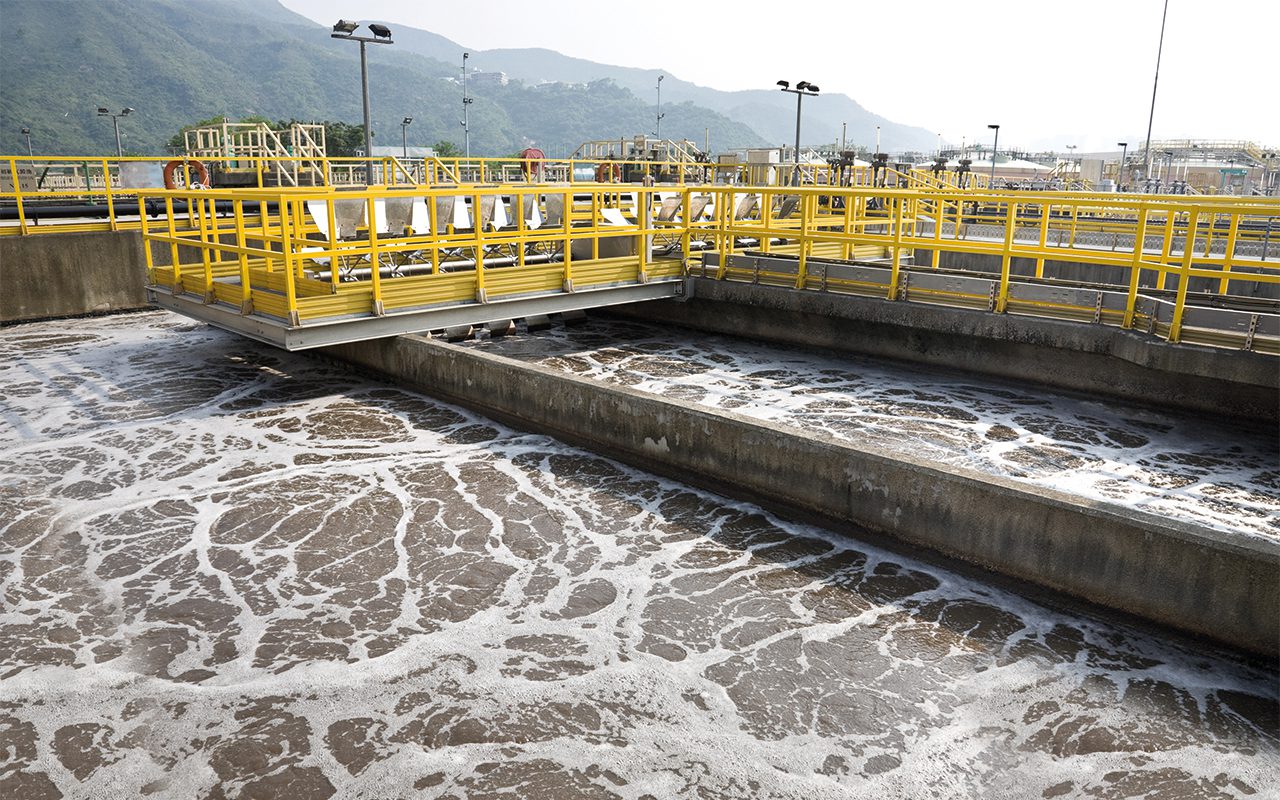UPTON COUNTY, Texas—A sinkhole formed by an old oil well is growing at an alarming rate on the Kelton Ranch in West Texas.
Radford Grocery #17 was originally drilled as an oil well in the 1950s and later converted to a saltwater disposal well, according to state records. The well was plugged in 1977.
The Kelton family, which owns the ranch, became alarmed recently as a sinkhole around the well rapidly grew. Water pooled in the bottom of the sinkhole. Then crude oil began migrating up from underground and formed a dark layer over the water.
By mid-March, the sinkhole was roughly 200 feet in diameter and 40 feet deep, big enough to fit a four-story building. The smell of crude permeated the air. The family has stopped using a water well they fear could be contaminated.
We’re hiring!
Please take a look at the new openings in our newsroom.
See jobs
At some point the Radford Grocery well’s plug failed, creating a connection between the water table and the oil reservoir underground. Because the well was previously plugged and has no active operator, there is no oil and gas company the Keltons can turn to for help. The Railroad Commission, which regulates oil and gas drilling and plugging in Texas, has sent personnel to the site. But so far the Kelton family says there is no plan of action from the state agency.
“It can be fixed,” said Hawk Dunlap, a well integrity expert, as he looked over the sinkhole on Thursday. “But it’s not going to be cheap.”
The sinkhole is the latest in a string of catastrophic incidents with old oil wells in the Permian Basin of West Texas, some plugged and others not. From sinkholes to blowouts to persistent leaks, more than a century of oil drilling in the region has left a daunting array of environmental hazards. These emergencies are in addition to a long backlog of wells to plug around the state.
Acknowledging the growing challenge, the Railroad Commission requested an additional $100 million from the Legislature late last year. “The number and cost of emergency wells has significantly increased over the last five years,” RRC deputy executive director Danny Sorrells wrote to legislators, in a letter first obtained by the Houston Chronicle.
“This matter has been reported to the RRC and referred to our Site Remediation,” said agency spokesperson Bryce Dubee. “Commission staff are monitoring conditions within and around the sinkhole and considering options for addressing any concerns about groundwater quality.”
“It’s Suddenly Got Oil”
The Kelton Ranch is a few miles outside McCamey in rural Upton County. McCamey is one of countless Texas towns formed in an oil boom. Wildcatter George McCamey struck oil in 1925 and soon several companies were drilling in the area. The town, named for him, grew quickly.
The Rodman-Noel oilfield outside of McCamey, which includes the Kelton Ranch, was discovered in 1953, according to a nearby historical marker.
The Kelton family purchased the property in 1963. The Keltons remember a family tradition of walking from the ranch house to drink the well water, which was always of good quality. The family still has cattle on the ranch. They do not own the mineral rights to the oil underground, which were severed from the property rights—a common situation in the state.
Upton County is still one of the top oil-producing counties in Texas. But the area around McCamey is no longer a drilling hotspot. The Texas Legislature dubbed the town the “Wind Energy Capital of Texas” in 2001, and wind turbines dot the nearby bluffs.
Records indicate the Radford Grocery well “caved in” after it was plugged in the 1970s. The Keltons say the sinkhole has grown significantly in the past 18 months. The well casing fell deeper into the hole. They think an underground formation washed out, but they do not know why. The hole in March was notably bigger than in photos from January 2024.
“It’s suddenly much larger,” said Bill Kelton. “And it’s suddenly got oil.”

Failing and Orphaned Wells Sprout Across the Permian
The Railroad Commission has a long-standing state program to plug orphan wells, which do not have an active operator and were not plugged by their previous owner. The agency also received significant federal funding to plug orphan wells during the Biden administration.
In addition to the Railroad Commission’s recent funding request, a Republican-backed bill in the Texas Legislature this session would set a timeline for operators to plug inactive wells.
However, wells such as the one on the Kelton Ranch pose an additional challenge. Because they were previously plugged and do not have an active operator, they are not considered orphan wells. The legal responsibility for cleanup when a plugged well fails is disputed.
Permian Basin oil and gas attorney Sarah Stogner has taken to calling these “zombie wells” that come back to life long after they are plugged, spewing salty water, oil or hazardous gases. Less than 50 miles north as the crow flies from the Kelton Ranch is Antina Ranch, where Stogner is representing landowner Ashley Watt in a lawsuit against Chevron over failed plugged wells on her property.
The problem is mounting month by month. The Kelton Ranch is about 40 miles from a pair of blowouts that happened in Crane County in January 2022 and December 2023. Another blowout in October 2024 alarmed the Reeves County town of Toyah. Yet another leaking orphan well was identified last month in nearby Pecos County, on land that rancher Schuyler Wight leases for cattle grazing.
The Railroad Commission has responded to several recent well emergencies. Plugging the well that caused the December 2023 blowout cost $2.5 million. The more recent blowout near Toyah was plugged by the pipeline company Kinder Morgan.
Meanwhile, earthquakes linked to wastewater injection wells continue to rock the area. The Railroad Commission has restricted deep injection to reduce seismicity in the area.
Southern Methodist University geophysicist Zhong Lu has published papers on the Permian Basin’s sinkholes, earthquakes and subsidence—the gradual sinking of the ground. His research indicates that the combination of intensive oil and gas drilling and the limestone and salt formations of the Permian Basin have made the surface unstable.
Landowners like the Keltons are seeking answers as the pockmarked surface of the Permian Basin sinks, shakes and crumbles.
About This Story
Perhaps you noticed: This story, like all the news we publish, is free to read. That’s because Inside Climate News is a 501c3 nonprofit organization. We do not charge a subscription fee, lock our news behind a paywall, or clutter our website with ads. We make our news on climate and the environment freely available to you and anyone who wants it.
That’s not all. We also share our news for free with scores of other media organizations around the country. Many of them can’t afford to do environmental journalism of their own. We’ve built bureaus from coast to coast to report local stories, collaborate with local newsrooms and co-publish articles so that this vital work is shared as widely as possible.
Two of us launched ICN in 2007. Six years later we earned a Pulitzer Prize for National Reporting, and now we run the oldest and largest dedicated climate newsroom in the nation. We tell the story in all its complexity. We hold polluters accountable. We expose environmental injustice. We debunk misinformation. We scrutinize solutions and inspire action.
Donations from readers like you fund every aspect of what we do. If you don’t already, will you support our ongoing work, our reporting on the biggest crisis facing our planet, and help us reach even more readers in more places?
Please take a moment to make a tax-deductible donation. Every one of them makes a difference.
Thank you,




